Who am I?
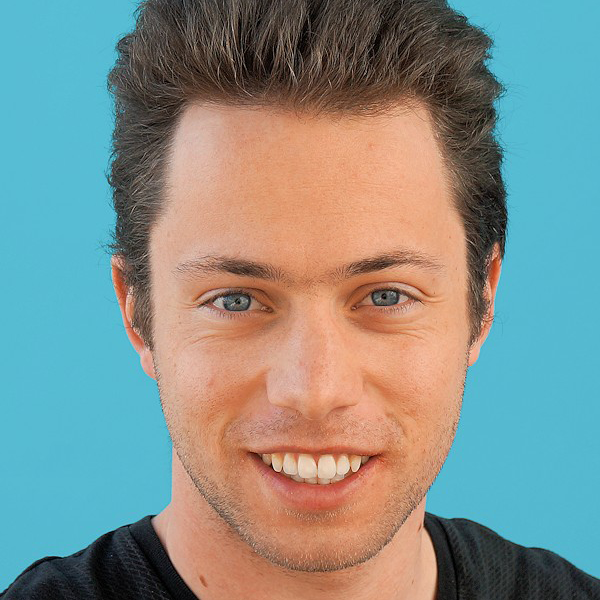
Math geek. Coach. Researcher. Author. Public speaker. Programmer. Composer. Teacher. I've been called many things over the years, because I like doing tons of stuff. There's nothing that I don't enjoy doing or learning.
Next to that, I'm the overly idealistic type, always looking for ways to improve the world. Got an idea for that? Or do you have anything else going on that's fun/interesting and I can contribute to? Then don't hesitate to get in contact. Sharing ideas is always fun.
Step-Wise - an app to automate teaching - is live, and going strong
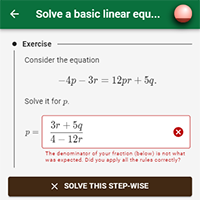
It started off as a hobby project during corona, but it quickly grew out of hand. I set up the web-app Step-Wise that automates large parts of teaching. It's focused on mathematics, physics and engineering mechanics.
Students learn best through practice, so Step-Wise is built around practice exercises. Students can enter their solutions (often expressions/equations and physical quantities with units) in an intuitive way, and directly get specific automated feedback on their work. Their progress is tracked using a self-designed machine learning algorithm (a dynamic Bayesian network) and the resulting predictions are then used to recommend new practice exercises, coaching students along the way. It is being applied in practice at the Utrecht University of Applied Sciences with very promising results.
I built a Yahtzee app providing direct feedback to gameplay
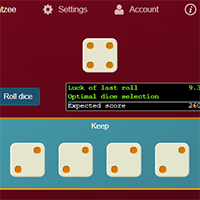
Some time I ago, I wondered if it was possible to quantify luck in games. For example in a game like Yahtzee, can you quantify how lucky a roll is? The answer: it is if you can figure out the optimal strategy.
To prove this, I set up a Yahtzee game. After analytically solving it, I also added a direct feedback mechanism in the app. While playing, you can immediately see how lucky each roll is, how smart each choice is, and what score you can expect to get on average.
Does this make the game more fun to play? Probably not, but at least it provides some interesting insights into the concept called "luck".
My latest short story The Choice is out
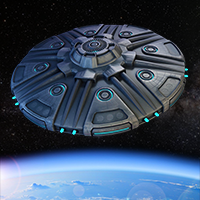
The short story The Choice is about a ship of space colonists, traveling to their new home: a remote planet supporting life. When they get there, things aren't as they had hoped, and the ship will have to make some tough choices. The toughest one of them all: how should they actually make them? It's a rush filled with psychological dilemmas, political deliberations and ethical conundrums.
I wrote The Choice for a short story contest. The challenge was: write a science fiction story with a maximum of 17.000 words (roughly 50 paperback pages). Though the story didn't win, it was still fascinating to write about the dilemmas and to squeeze them all into a limited set of pages.
Did you read the story? Then do reach out and let me know your thoughts.
My new novel, Unidentified Thoughts, is done! Download it here
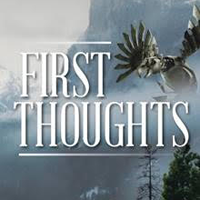
Perhaps you've already read First Thoughts? The sequel is now ready! It's called Unidentified Thoughts and, so far, it's only available in digital format. Download it here (epub, pdf) or through my Writing page.
The Free Minds continue to wreak havoc in Tarine, so the government sees no other option. The Thought Academy is forced to crack down on the workshop district. While Daran tries to help his friends there, he is torn between obligations to his old life and his new one. At the same time, his fellow students at the Academy also need his help. Yet when an unidentified gizmo appears, which somehow appears to have a link with Daran, he suddenly becomes the target.
Done reading? Do reach out and let me know your thoughts. The next part (Conflicting Thoughts) is in the planning phase now, so if you have some ideas there, also drop me a note.
I am officially a Ph.D.

On October 17, at 10:00, I defended my Ph.D. thesis. All went successful (barring the usual misfortunes that always seem to befall me) so I'm now officially a doctor. (But not the kind that helps people.)
Curious about the thesis? It's called LQG and Gaussian process techniques - For wind turbine control. I also created a special student version of the thesis, focused on teaching this interesting method to aspiring master students. The source code for all examples in this student version is available on GitHub.
The thesis is about Gaussian process regression. This is a machine learning technique used for function approximation. But once you can approximate functions, you can learn nearly anything. The thesis is mainly a collection of my papers, while the student version has been set up so that people with a sufficient mathematical background (usually master's level) can follow it well enough. The chapters contain all the intuitive explanations, while most of the die-hard mathematics is relegated to appendices.